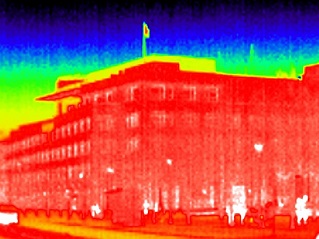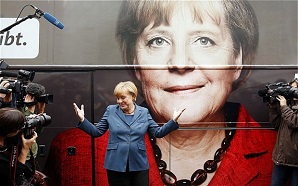German foreign minister Steinmeier agitates for war
The 100th anniversary of August 4, 1914—the disastrous day on which the SPD (Social Democratic Party) faction voted in the Reichstag for the Kaiser’s war credits to finance World War I—is only weeks away. The SPD is preparing for the anniversary by pressing for renewed German militarism.
At the end of May, Foreign Minister Frank-Walter Steinmeier (SPD) opened a new web site for the foreign office with the title “Review 2014—Rethinking foreign policy.” The goal of the site is to combat long-standing public opposition to war and militarism.
With the support of the German federal government and the president, Steinmeier declared at the beginning of this year that the country’s previous policy of military restraint was at an end. In the future, Germany would intervene independently, “including militarily,” in crisis regions around the world. The foreign minister justified this by saying that Germany was “too big and too important” to limit itself “to merely commenting from the sidelines of world politics.”
Although this return of an aggressive German foreign policy underwent long and intensive preparation and was supported by all parties in the Bundestag as well as practically the entire media, it has met with the opposition and hostility by the majority of the population. That is now supposed to change.


























